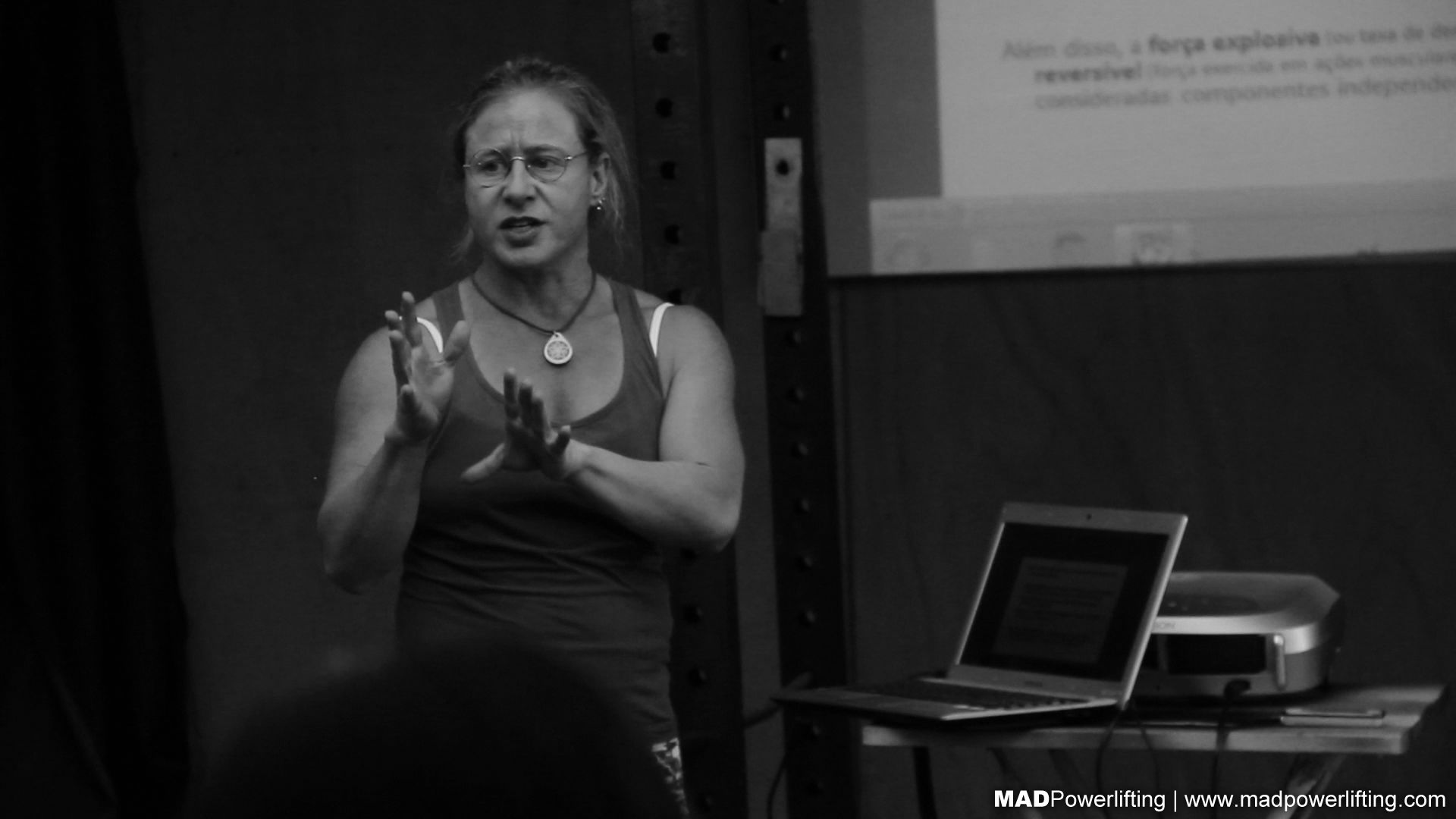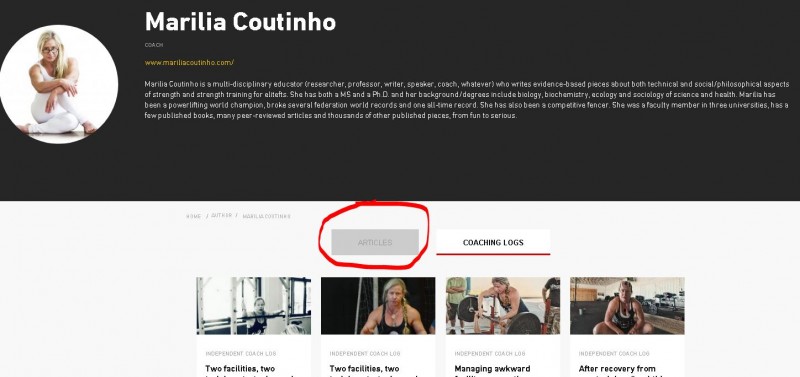
Everything that defines a craft, from ancient times to now, requires time, commitment, rituals and usually creates a sub-culture with a specific ethos. The ethos is a set of guiding beliefs or ideals that characterize the sub-culture (a community, a traditional society, an association of practitioners of a code-defined craft).
Learning a craft and absorbing its ethos are different things but they are necessarily combined. A scientist is not defined by their Ph.D. but rather by how well they were socialized in the ethos of science and how loyally they abide by it. When we say that a certain scientist, artist or athlete “honors” their craft this is what we mean: they behave according to the ethos. It means that once they were disciples, they went through all the rites of passage to become what they are and they never stray from the ethos. The word disciple comes from the Latin discere (to learn) and discipulus (learner). Bushido is one such example: it is “the way of the warrior”, the ethos of the Japanese Samurai.
It takes time. A lot of time. But it doesn’t take 10,000 hours. This number was proposed by Gladwell, a journalist that misunderstood actual research concerning deliberate practice in the acquisition of expertise.
I don't remember who popularized it for the strength sports, of all things. I don't want to know, either. But you, reader, might have been exposed to yet this other piece of crap from the realm of fake strength coaching bullshitology.
No, it doesn't take 10K hours to master the deadlift. Or the snatch. Or the yoke carry. It takes a bunch of hours, but just do the math: to spend 10K hours (remember: none of these things can be done for long periods every day or you will basically die from injury, inflammation and multiple organ failure) on any of that and still be young enough to compete is impossible.
We have a double charlatan problem here: the first one was a journalist called Malcolm Gladwell who wrote the book Outliers, misquoting and misinterpreting the research conducted by Dr. K. Anders Ericsson on musicians.
Gladwell is not welcome among scientists: what he did was anti-ethical.
But some folks decided it was good enough to apply that to their sports and used Gladwell's best-seller as a foundation for their dangerous formula for athletic excellence.
Everything leading to expertise takes a lot of time and commitment. By the time someone finishes they Ph.D. they should have dedicated about 30K hours to their craft. By the time a classic dancer is accepted in a serious Academy they will have dedicated even more hours. But every craft is different.
What they should have in common is the ethos.
That is why charlatanism and the certification craze in the fitness industry causes disgust in actual coaches and scholars: it is a violation of an ethos we live by. That is why it is so shocking for some to see athletes dishonoring their coaches and vice-versa. Shocking enough for many to abandon their craft – coaches, physicians, scholars: I’ve seen it all. It is a life shattering experience.
It may take less hours for one to become an experienced powerlifter or strongman but the lack of rites of passage and a proper ethos is what makes it not that different from the rest of the fitness industry where “anything goes” and charlatans are welcome.
Food for thought.
Feel free to download the research and read the news concerning this.
Why Gladwell's 10,000-hour rule is wrong
Deliberate Practice and Performance in Music, Games, Sports, Education, and Professions: A Meta-Analysis
The Role of Deliberate Practice in the Acquisition of Expert Performance
Robert K. Merton - The Sociology of Science (see "the Normative Structure of Science")
For my evidence-based science education articles, just click on "articles" in my author's page











1 Comment